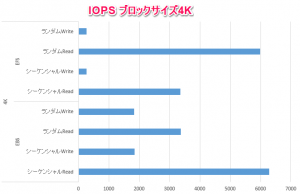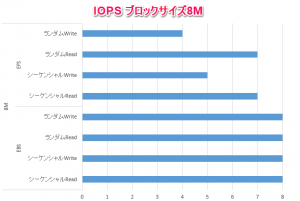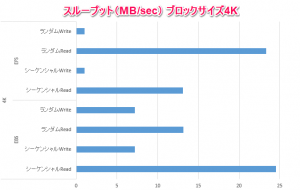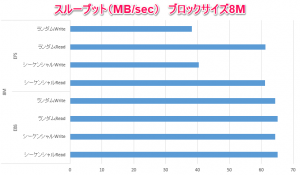EFS is here! Yay! Yay! Yay! (Comparing Elastic File Systems)

table of contents
The title probably gives away my generation, but this is Sato from Beyond
After many years since its release, EFS (Elastic File System) support for the Tokyo region, which was announced at this year's AWS Summit, has finally been released
I was so happy that I put together a list of things to consider before actually using the service
How much does the cost differ compared to EBS?
| *Price per GB is calculated at 1$ = 110 yen | Dollar | circle |
| EFS | $0.36 | ¥40 |
| EBS Provisioned IOPS SSD (io1) | $0.14 | ¥16 |
| EBS General Purpose SSD (gp2) | $0.12 | ¥13 |
| EBS Throughput Optimized HDD (st1) | $0.05 | ¥6 |
| EBS Cold HDD (sc1) | $0.03 | ¥3 |
| Bonus S3 | $0.03 | ¥3 |
There are now many different types of EBS, so we've put them all together to compare them
It's quite expensive... it's three times the cost of the general-purpose SSD I use most often
I'd be a little hesitant if I needed terabytes of storage
However, when you consider the effort and cost of setting up an NFS instance for shared storage and making it redundant, it seems tempting
How good is EFS?
Verification environment
Instance: t2.micro
OS: AmazonLinux
EFS: General-purpose performance mode
Using the fio command, we compared the performance of IOPS and throughput (MB/sec) for block sizes of 4K and 8M
Reference: Measuring storage performance using fio
First, let's compare IOPS


I expected this to some extent since it's a monster-like NFS system, but the difference in IOPS becomes noticeable when reading and writing a large number of small files
The better performance for random reads than for sequential reads was a bit unexpected, but it makes sense considering that EFS is designed as a distributed, decentralized data storage system
I think that in actual use cases, most reads will be random, so it's nice to see that the read performance is not much different from local EBS
Next, we compared the throughput (MB/sec)


The graph does not seem to show much difference in IOPS, but since it is NFS, performance is lower than EBS when writing small amounts (around 4K)
However, it seems that EFS throughput and IOPS improve overall throughput as the average I/O size increases, so you may not need to worry too much about it
This time we conducted the test in general-purpose performance mode, but EFS also has a maximum I/O performance mode, so if we have the opportunity, we would like to compare the performance differences between different modes.

 0
0






